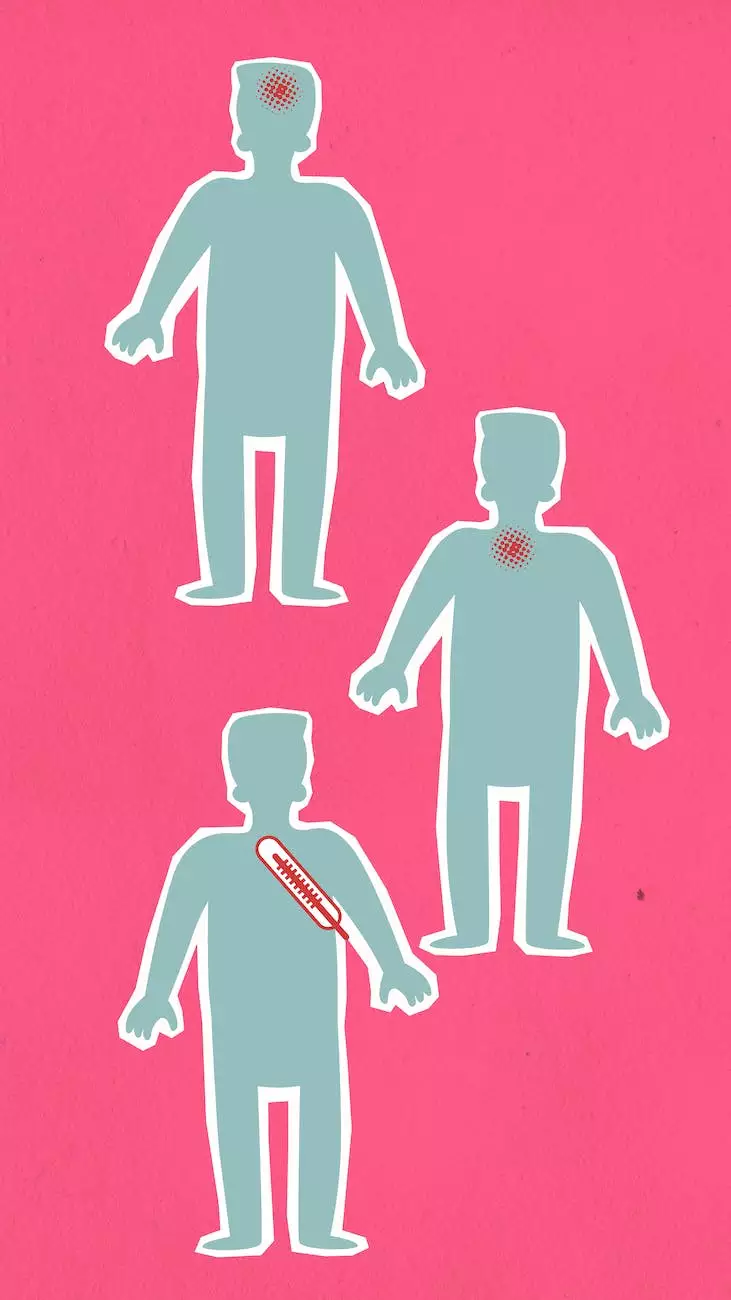A Sore Throat or Strep Throat?
Services
Introduction
Welcome to the informative page on sore throat and strep throat provided by Benjamin Shettell, MD, an expert in the field of health. Having a sore throat can be a common ailment, but it is essential to understand the differences between a regular sore throat and strep throat. In this article, we will explore the causes, symptoms, treatment, and prevention methods for both conditions, providing you with valuable insights to help you make informed decisions about your health.
Sore Throat
A sore throat refers to the discomfort, pain, or scratchiness in the throat that often worsens when swallowing. It can be caused by various factors, including viral infections like the common cold, flu, or mononucleosis. Other causes include allergies, dry air, pollutants, smoking, or yelling for extended periods.
Common symptoms of a sore throat include a scratchy sensation, pain, or irritation in the throat, difficulty swallowing, swollen glands in the neck or jaw, hoarseness, and a mild cough. Most sore throats improve with self-care measures such as adequate rest, staying hydrated, gargling with warm salt water, and over-the-counter pain relievers.
Strep Throat
Strep throat, on the other hand, is a specific type of sore throat caused by the bacteria Streptococcus pyogenes. It is highly contagious and spreads through respiratory droplets when an infected person coughs or sneezes. Strep throat is more common in children and teenagers, but it can affect individuals of all age groups.
Unlike a regular sore throat, strep throat requires prompt medical attention and treatment with antibiotics. Symptoms of strep throat may include severe sore throat, difficulty swallowing, fever, swollen and red tonsils, white patches or pus on the tonsils, headache, rash, and body aches. If left untreated, strep throat can lead to complications such as rheumatic fever or kidney inflammation.
Treatment and Prevention
Treatment for Sore Throat
If you have a sore throat, it is important to rest your voice, drink plenty of fluids, and use over-the-counter pain relievers to alleviate discomfort. Gargling with warm salt water can also provide temporary relief. However, if your symptoms persist for more than a week or worsen, it is recommended to consult a healthcare professional for a proper diagnosis and advice.
Treatment for Strep Throat
If you suspect you have strep throat, it is crucial to visit a healthcare professional who can perform necessary tests to confirm the diagnosis. If strep throat is confirmed, antibiotics will be prescribed to eliminate the bacteria and prevent complications. It is essential to complete the full course of antibiotics as prescribed, even if you start feeling better.
To prevent the spread of strep throat, it is important to practice good hygiene, such as washing hands frequently, covering your mouth and nose when coughing or sneezing, avoiding close contact with individuals who have a known strep throat infection, and regularly cleaning and disinfecting commonly touched surfaces.
Conclusion
In conclusion, understanding the differences between a sore throat and strep throat is vital for accurate diagnosis and appropriate treatment. While most sore throats are caused by viral infections and can be managed with self-care measures, strep throat requires medical attention and antibiotics. If you are unsure about your symptoms or have concerns, it is always best to consult a healthcare professional like Benjamin Shettell, MD, who can provide expert advice tailored to your specific situation. Take care of your throat and prioritize your health!




